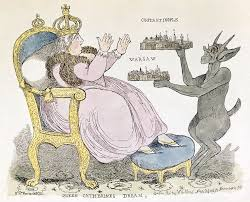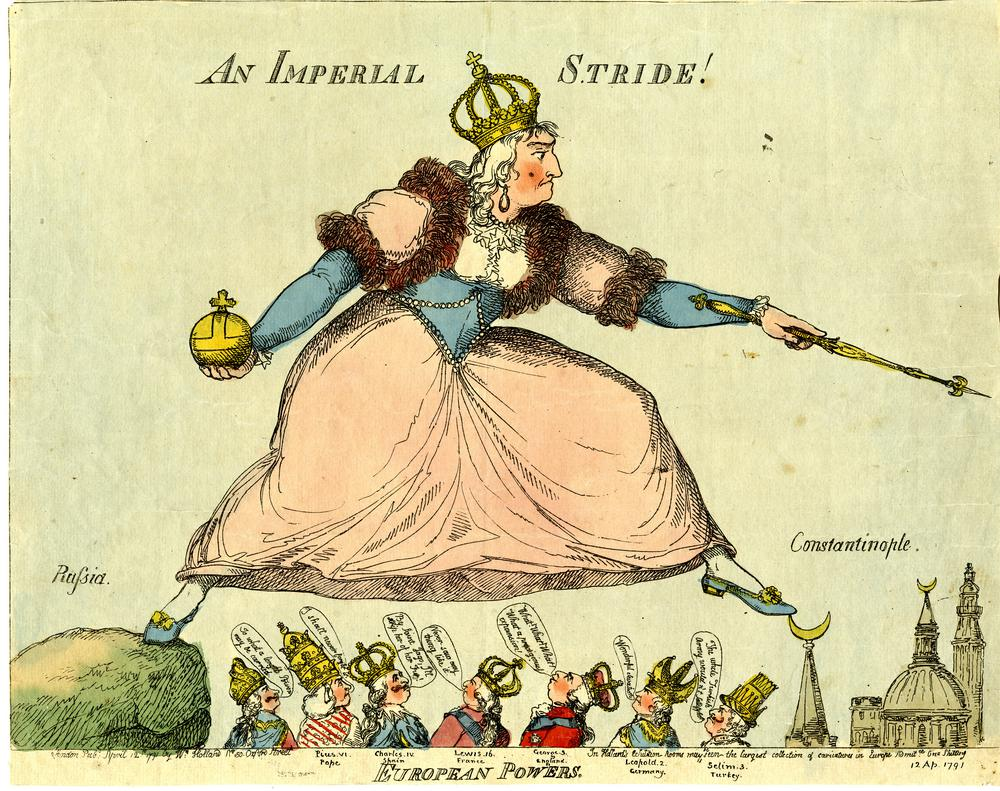It is incorrect to believe that it was only with Darwin's writings in the mid-19th century that people began to doubt the literal truth of the book of Genesis. Problems in this account had already perplexed scholars at least a century and a half.
According to Archbishop Ussher's famous calculations, the world had been created in 4004 BC (see my earlier post) and Noah's great deluge in 2349 BC. Envisaging this presented no great problem as long as Christian knowledge of the world was limited to Europe, North Africa and the Middle East, but once European ships had rounded the Cape of Good Hope to reach Indonesia and China and crossed the Atlantic to encounter the utterly alien civilisations of Mexico and Peru, doubts and speculations began to arise. How could these people have journeyed such a vast distance from Mount Ararat in such a limited time? Why were the animals, and even the plants, so different in these places? And to some Christians, it seemed somewhat unfair of God to have pkaced these people where it would have been physically impossible to hear the message of Christ until the arrival of the first missionaries in the 16th century! All these questions became even more perplexing after the discovery of Australia, with its Stone Age people and weird marsupials.
Then there were the problems created by the new science of geology. Isaac Newton was greatly puzzled by the fact that the earth appeared to be very much older than was told in the Bible, and, as lifelong believer in the literal truth of the scriptures, spent a vast amount of time and ingenuity trying to reconcile Biblical accounts with his own discoveries in maths and physics. Then, from the end of the 17th century, the first discoveries of fossils began to attract attention. But why were the vast majority of these plainly marine molluscs? and if so, how did they often come to be found a long way from the sea, even high in mountains? Could Noah's flood have washed them up there? Some men decided they could not be the remains of living creatures at all, but mere "sports of nature": rocks that chanced to resemble living creatures. The problem became more acute when at then end of the 18th century Mary Anning discovered on the Dorset coast the skeletons of giant marine reptiles unlike any living creatures. Such beasts would obviously not need a place on the Ark; but why and when had they become extinct? And also, if the Flood had wiped out almost all the human race, why were no fossilised bones of humans ever found?
One learned man, Dr Woodward, at the start of the 18th century, put forward the suggestion that the laws of physics had been temporarily suspended and the entire surface of the earth reduced to liquid, so that when it solidified again the heaviest objects had naturally sunk towards the bottom. Unsurprisingly, this novel theory failed to atttract much support.
In fact, hardly anyone was prepared to abandon Newtonian physics and argue that God had spontaneously created huge quantities of water and then dematerialised it. No: the waters that covered the earth must have come from somewhere and then, later, gone somewhere. As later as the early 19thh century the Methodist theologian Adam Clarke was trying to find natural answers to where the water hadcome and gone. Or perhaps the continents had all sunk and then, soon afterwards, risen again? And if so, how had this been achieved?
These questions were never convincingly answered, but despite this, people still go in seach of the remains of Noah's Ark on Mount Ararat.























